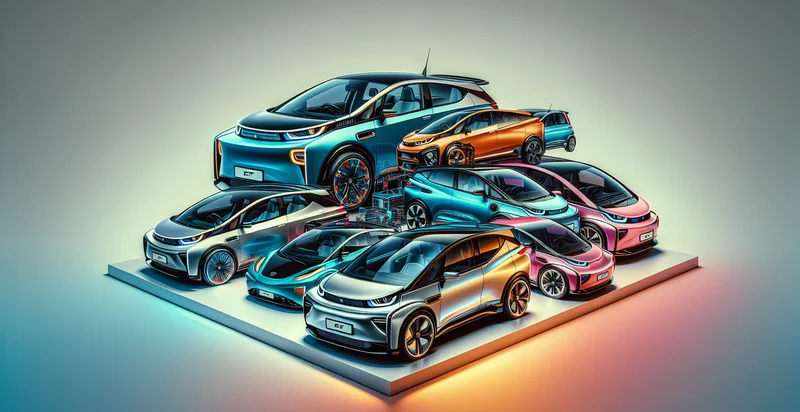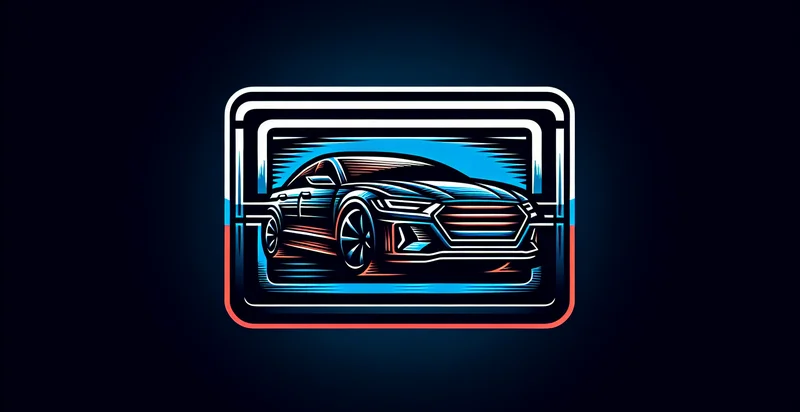Identify li auto models
using AI
Below is a free classifier to identify li auto models. Just upload your image, and our AI will predict if it belongs to a luxury brand - in just seconds.

Contact us for API access
Or, use Nyckel to build highly-accurate custom classifiers in just minutes. No PhD required.
Get started
import nyckel
credentials = nyckel.Credentials("YOUR_CLIENT_ID", "YOUR_CLIENT_SECRET")
nyckel.invoke("li-auto-models", "your_image_url", credentials)
fetch('https://www.nyckel.com/v1/functions/li-auto-models/invoke', {
method: 'POST',
headers: {
'Authorization': 'Bearer ' + 'YOUR_BEARER_TOKEN',
'Content-Type': 'application/json',
},
body: JSON.stringify(
{"data": "your_image_url"}
)
})
.then(response => response.json())
.then(data => console.log(data));
curl -X POST \
-H "Content-Type: application/json" \
-H "Authorization: Bearer YOUR_BEARER_TOKEN" \
-d '{"data": "your_image_url"}' \
https://www.nyckel.com/v1/functions/li-auto-models/invoke
How this classifier works
To start, upload your image. Our AI tool will then predict if it belongs to a luxury brand.
This pretrained image model uses a Nyckel-created dataset and has 2 labels, including Li L9 and Li One.
We'll also show a confidence score (the higher the number, the more confident the AI model is around if it belongs to a luxury brand).
Whether you're just curious or building li auto models detection into your application, we hope our classifier proves helpful.
Related Classifiers
Need to identify li auto models at scale?
Get API or Zapier access to this classifier for free. It's perfect for:
- Car Loan Approval: Financial institutions can utilize the 'li auto models' identifier to enhance their car loan processing systems. By automatically classifying vehicle models from user-submitted images, lenders can quickly assess the vehicle's value and suitability for financing, streamlining their approval processes.
- Insurance Claim Processing: Insurance companies can leverage the image classification function to expedite claims related to automobile accidents. By accurately identifying the make and model of vehicles involved, insurers can validate coverage and process claims more efficiently, reducing time and resources spent on manual verification.
- Market Analysis for Dealerships: Auto dealerships can use the classification feature to analyze inventory levels and customer preferences based on specific car models. This data can drive targeted marketing efforts and optimize stock management, ensuring that dealerships cater to the most in-demand vehicles.
- Fleet Management Optimization: Businesses with vehicle fleets can implement the identifier to maintain accurate and updated records of their assets. By classifying and organizing fleet models, companies can improve route planning, maintenance scheduling, and overall operational efficiency.
- Augmented Reality Showrooms: Automotive retailers can enhance customer experiences by integrating the classification function into augmented reality applications. Customers could use their devices to scan vehicles in the showroom, instantly receiving information about the model, features, and promotions, leading to more informed purchasing decisions.
- Compliance Monitoring for Regulations: Regulatory agencies can employ the 'li auto models' identifier to monitor compliance with environmental standards among vehicle manufacturers. By classifying and cataloging models based on emissions and safety ratings, agencies can ensure adherence to legal regulations and promote sustainability.
- Personalized Marketing Campaigns: Marketing teams in the automotive industry can harness the classification technology to create tailored campaigns based on different models. By understanding which vehicles are popular among specific demographics, businesses can deliver personalized messages and offers, enhancing customer engagement and conversion rates.


